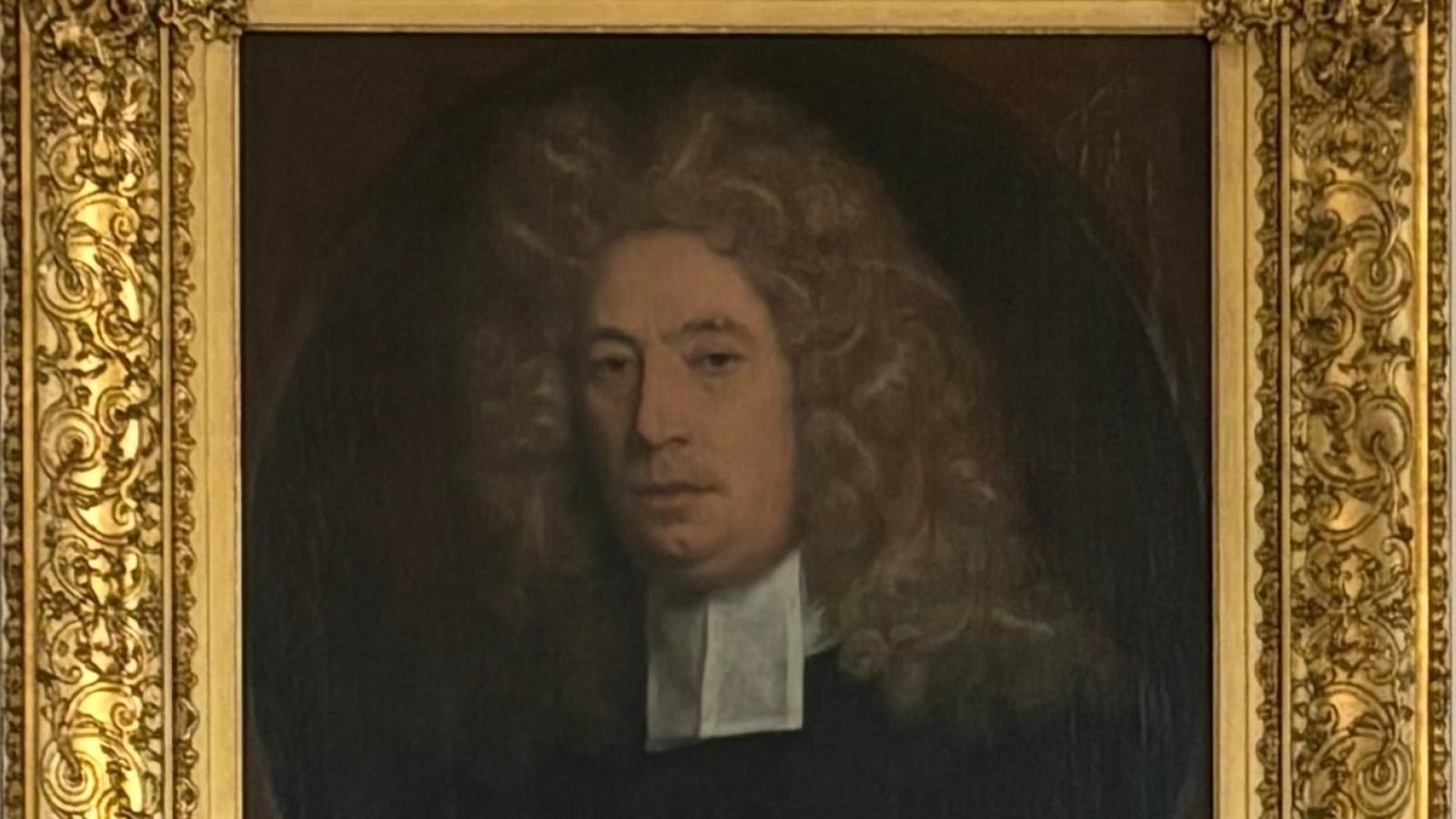The portrait of a University philanthropist and enslaver will be used to prompt discussion and debate on how we respond to contested artefacts and their legacies.
‘Framing the past, imagining the future’ will be held at the University of Aberdeen on July 3 as part of the institution’s work to address its historical links to transatlantic slavery – with the wider community invited to join the conversation.
Gilbert Ramsay (1658-1728) was a graduate of Marischal College who left a substantial bequest to his alma mater as well as to the Aberdeenshire village of Birse, where he grew up, to build a parish school and establish a poor fund.
But his fortune was built on human suffering as Ramsay, who served at churches in Antigua and Barbados, amassed his fortune through slaveholding and the sale of enslaved people.
The source of Ramsay’s wealth was revealed earlier this year in The University of Aberdeen and the Legacies of Slavery report, researched and written by Aberdeen historian Dr Richard Anderson.
Ramsay’s portrait hangs above a fireplace in a classroom in the University’s College Bounds building, accompanied by a short interpretation panel which outlines his life and his links with slavery.
It will be used as a conversation starter for the event organised by organised by Dr Catriona McAra for the School of Divinity, History, Philosophy and Art History and University Collections.

Professor Beth Lord, Head of the School of Divinity, History, Philosophy and Art History, said: “Ramsay is a significant figure in the School’s history as he donated funds that supported our longest-established subjects, Divinity and Philosophy. Now that we know about Ramsay’s connection to transatlantic slavery, we are faced with the question of what to do with the portrait that hangs in our main building – and how, more broadly, we should respond to the material legacies of slavery in our academic subjects.
“Through exploring the issues raised by this portrait, and in seeking to diversify the voices that are heard, the School and University Collections acknowledge their shared historical foundation whilst looking towards more equitable presents and futures that reflect our values.”
The forum will include an in-conversation event with anti-racist activist Zandra Yeaman, Head of Strategy Development and Implementation at the Hunterian Museum, University of Glasgow, in conversation with Professor Emma Bond from the University of Oxford whose work focuses on the legacies of empire and colonialism in contemporary literary and visual cultures.
Other speakers include artist Ade Adesina and Vanessa Mabonso Nzolo, PhD Candidate and former University of Aberdeen Student President, as well as academics from the School.
Neil Curtis, Head of University Collections, added: “Transatlantic slavery has a left a substantial legacy that permeates the University and North-east Scotland in some unexpected ways. Some is tangible such as this portrait and the Powis Gateway which is now accompanied by a plaque and interpretation panel.
“Events like this will help us to explore options and to decide how best to truthfully display this portrait in a way that helps those who see it to understand and act on our legacies.”